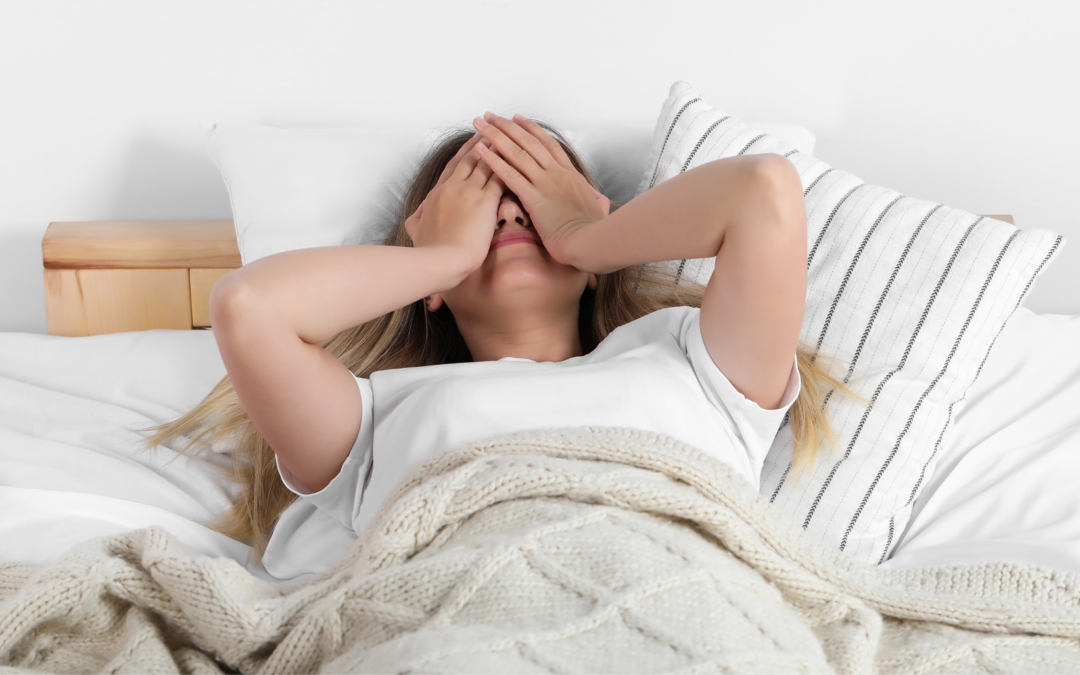The intricacies of female sexuality are vast and multifaceted, with varying factors contributing to the delicate balance of desire.
Female sexuality is not touched on in mass media the way male sexuality is, and plenty of people even live under the assumption that women simply do not feel sexual desire at all. This is false, but the widespread myth does mean that when women feel low sexual desire, the underlying problem is not given a closer look.
Here are some causes of low sexual desire in women.
Psychological Factors
High levels of stress and anxiety can be significant contributors to low sexual desire in women. Pressures from work, family, or personal issues can create a mental barrier that affects one’s ability to engage in sexual activities.
Negative body image and low self-esteem can impact a woman’s perception of her own desirability, leading to a decrease in sexual interest. Conditions such as depression and anxiety disorders can have a profound impact on libido, affecting neurotransmitter levels and overall emotional well-being.
Hormonal Imbalances
The hormonal shifts during menopause, particularly the decline in estrogen levels, can result in changes to sexual desire, arousal, and overall sexual function. Certain hormonal contraceptives and medications may influence hormonal balance, potentially leading to a decrease in sexual desire as a side effect.
Relationship Dynamics
Lack of communication or unresolved conflicts within a relationship can create emotional distance, diminishing intimacy and contributing to low sexual desire. The quality of emotional connection with a partner plays a crucial role in female sexual desire. Feeling emotionally connected and understood is often a key factor.
Overall relationship satisfaction, including factors like trust and emotional support, can impact a woman’s level of sexual interest.
Lifestyle and Environmental Factors
Fatigue resulting from a hectic lifestyle or sleep disturbances can significantly reduce energy levels and, subsequently, interest in sexual activities. Excessive alcohol or substance use can also impair sexual function and contribute to low sexual desire.
Busy schedules and overwhelming commitments can leave little time for self-care, relaxation, and the cultivation of sexual intimacy.
Cultural and Societal Influences
Societal expectations, cultural norms, and stigmas surrounding female sexuality can create pressure and inhibit a woman’s ability to express and explore her desires openly. Unrealistic portrayals of sexuality in the media may create feelings of inadequacy and impact self-perception, contributing to low sexual desire.
Medical Conditions
Women coping with chronic medical conditions, such as autoimmune disorders or chronic pain, may experience a decrease in sexual desire due to the physical and emotional toll of managing their health. Conditions affecting the reproductive system, such as endometriosis or pelvic inflammatory disease, can cause pain during sex, leading to a decrease in sexual desire.
Past Trauma
Women who have experienced sexual trauma in the past may struggle with intimacy and sexual desire due to the emotional impact of the trauma. Traumatic experiences during childhood, even unrelated to sexuality, can influence a woman’s overall comfort with her body and sexuality, impacting her sexual desire in adulthood.
Final Thoughts
Despite changing social norms, female sexuality is still a relatively hushed topic. Encouraging open communication, seeking professional guidance when needed, and cultivating a supportive environment are key elements in promoting sexual well-being for women.
Ready to start your growth journey?
info@cookcounselingandconsulting.com
Phone
(614) 835 6068
follow us
Address
Pataskala Location
131 Oak Meadow Dr. Suite 105
Pataskala, OH 43062
Gahanna Location
800 Cross Pointe Road, Suite 800D,
Gahanna, OH 43230

